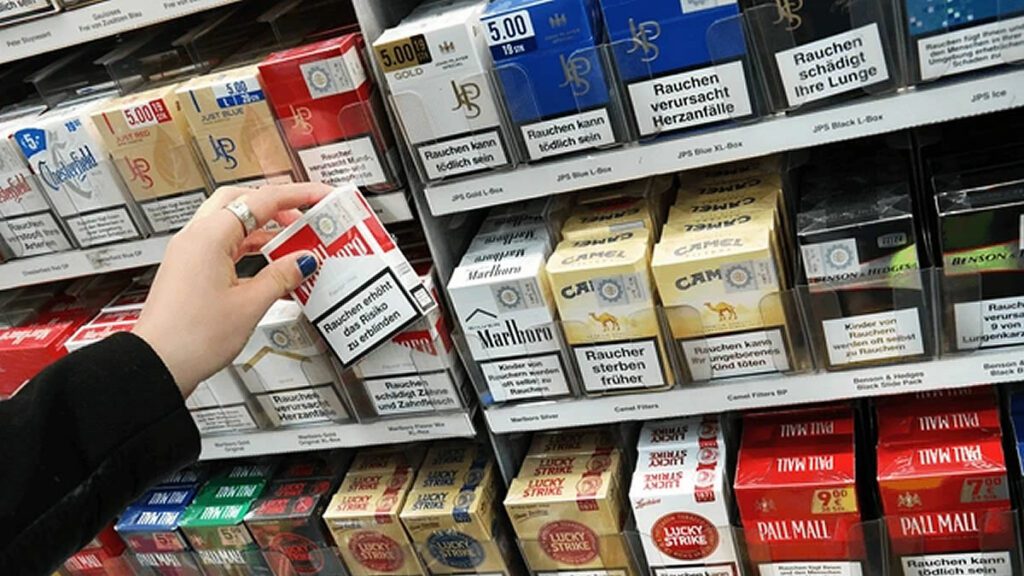Belgium has introduced stricter smoking regulations as part of Health Minister Frank Vandenbroucke's plan to raise a "smoke-free generation" by 2028. The country's parliament recently passed the next step in the anti-smoking campaign, following a significant price increase for tobacco products.
Starting April 1, Belgium will prohibit the sale of tobacco products at market stalls and music festivals. More notably, most supermarkets will also remove tobacco products from their shelves. Food stores with an area of more than 400 square meters must remove cigarettes, rolling papers, filters, and tobacco from their assortment.
Retailers Required to Check ID for Customers Under 25
In addition to these measures, Belgian retailers must carefully verify the age of customers who appear younger than 25 by asking for identification. The legal age for purchasing tobacco in Belgium was raised from 16 to 18 five years ago.
Tobacco companies are already prohibited from advertising their products in Belgium, and soon, smoking products must also disappear from displays in shops such as kiosks. This new rule also applies to e-cigarettes.
Belgium Tackles Alcohol Consumption Among Youth
Belgium is not only fighting against smoking but also against alcohol. A new draft law will make alcohol regulations stricter. Currently, young people aged 16 and over are allowed to buy all alcoholic beverages that are not spirits, similar to Germany. From next year, however, only beer will be allowed for young people aged between 16 and 18 in Belgium. For other alcoholic beverages such as wine, the age limit will rise to adulthood, a step that is also being discussed in Germany.
Other Countries Consider More Radical Measures
Some countries are considering even more radical measures in the long term. Great Britain is planning to ban cigarettes completely, as there is no safe age for smoking. However, New Zealand's anti-smoking policy backfired, leading the country to lift its smoking ban.
As Belgium moves forward with its anti-smoking campaign, it remains to be seen how effective these measures will be in creating a "smoke-free generation" and reducing the health risks associated with tobacco use.

Vape Industry Content Creator | Product Reviewer | Harm Reduction Advocate
Daniel Brooks is a vape industry content creator with a strong focus on product reviews, device performance, and consumer education. With extensive hands-on experience using disposable vapes, pod systems, and e-liquids, Daniel provides practical, unbiased insights for adult consumers.








